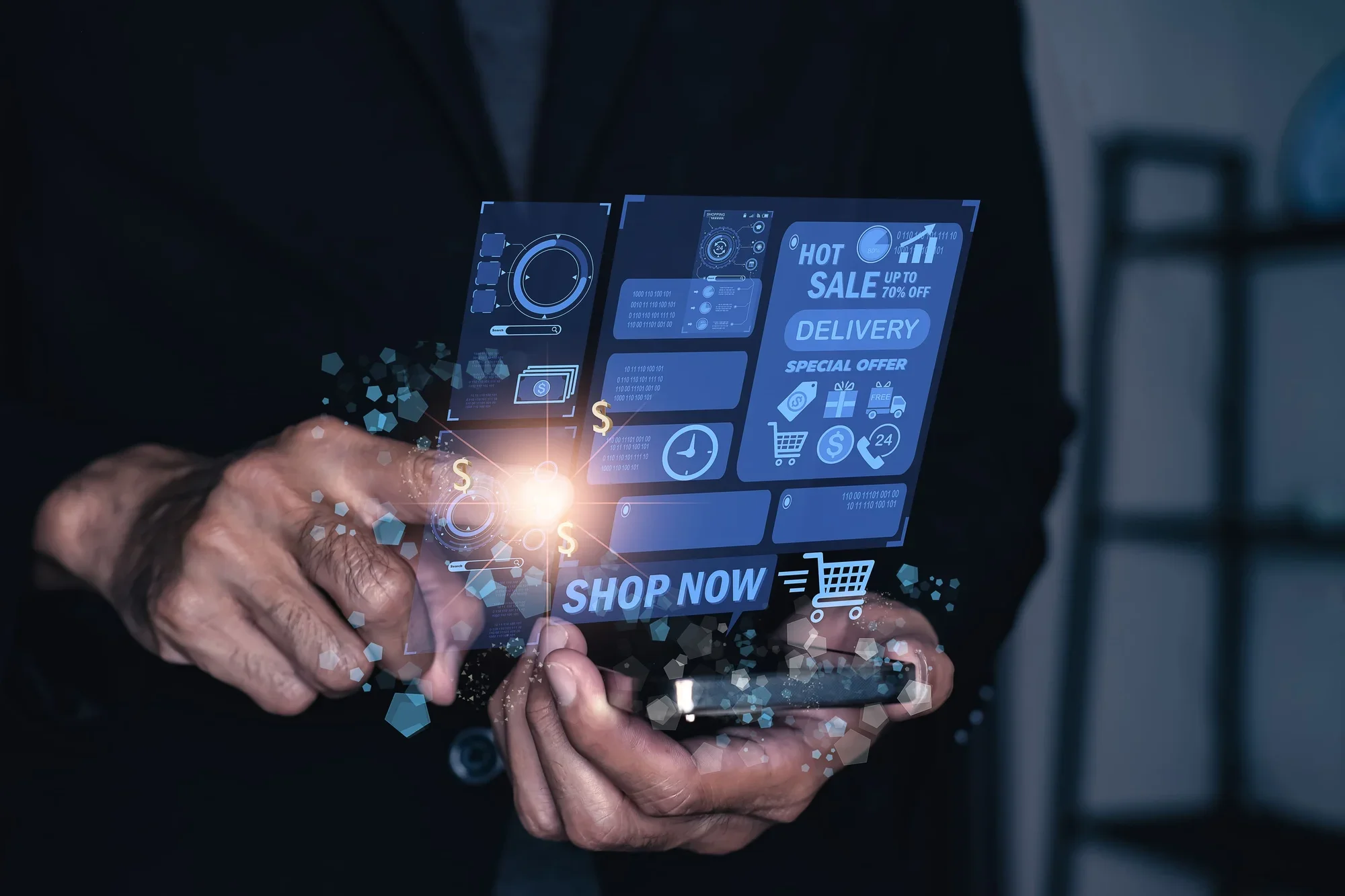
B2B Payments Solutions: Addressing Unmet Needs To Tap Into a New Growth Pathway
May 26 - 2023
What are B2B payments?
Business-to-business (B2B) payments are the types of payments made between two companies for goods or services offered. There is no end consumer involved in this type of transaction. For example, an airplane manufacturer like Boeing may make a payment to the company supplying them with airplane building materials.
B2B payments can be a one-time type of transaction or a recurring type of transaction, with the frequency of it being determined by the contract between the buyer and seller. There are various types of B2B payment options, such as:
Paper checks
Paper checks involve checks being deposited to banks for money transfer to a particular account. This method of B2B payment is slowly becoming outdated as more businesses turn to digital money platforms.
Automated clearing house (ACH) payments
This is a method of electronic payment that has become widely common among B2B payments.
Payment Gateways
This B2B payment solution acts as a sublet of payment service providers. Through this method, businesses are able to make or accept payments to and from other businesses through integration on their platform. The payment gateway acts as a third party, collecting money from the buyer and depositing it into the seller's account.
Wire transfers
This B2B method of payment involves direct deposits from one bank account to another. National Electronic Funds Transfer (NEFT) takes longer to process. While the Immediate Payment Service (IMPS) allows instant transfer of funds, enabling businesses to access funds round the clock.
Credit cards or debit cards
Virtual or physical cards, either credit or debit, can be used by a business in B2B payments. This method helps a business go cashless. Credit cards are, however, less popular because of the high processing fees (3%–4%) charged by credit card companies.
Cash
This remains the most common form of B2B payment, accounting for over 70% of all B2B payments.
Business-to-consumer (B2C) payments, which are between a business and a consumer, differ from B2B payment solutions. Basically, they are less complex and usually take less time as the processing is done on the spot. B2B payments, on the other hand, are more complex, requiring days and weeks of deliberation and processing for such transactions.
Financial institutions the world over often focus more on the B2C type of payments, leaving B2B payments underserved. As a result, many sellers and buyers in the B2B payment landscape are frustrated with the payment process. These pain points and unmet needs in the B2B payments landscape are explained below.
Super high cost of processing
For every transaction to be completed, there must be a specific cost that comes with it. Traditional ways of processing payments for B2B are too expensive, which cuts into the profits of companies that don't use B2B eCommerce solutions. Hence, lower profit margins are likely to be registered by businesses that make use of traditional B2B payment solutions.
Mismatch in the preferred payment method
As varied as human desires are, so are the preferences of buyers and sellers with regard to different payment methods. This myriad of preferred payment methods presents a challenge to B2B payment processing. Usually, the seller's supported payment method dictates the buyer's payment method.
Manual processing of Accounts Payable
Some companies may not be able to automate the way they handle accounts payable for a number of reasons. Among these are the high cost of integrating IT resources and the trouble of getting customers to use e-payment platforms. But no matter what the reason is, the manual processing of accounts payable remains a pain point in B2B payment processing.
Delay in payments
Payment processing time presents itself as a major issue in B2B payments. Whether caused by the slow processing of a transaction or the late payment behaviour of a supplier or buyer, delayed payment is a sore point in B2B payments.
Processing of remittance data
In the B2B world, it's hard for a buyer to match up multiple invoices, and it's hard for a seller in the same world to receive and process all the payments. These problems arise due to certain data missing that is crucial to the process, the use of different file formats, and the lack of back-office facilitation for automation of the remittance processing. Hence, the processing of remittance data is an actual pain point in B2B payments.
A high risk of fraud
As indicated before, financial institutions have often focused more on the numerous customer-to-business types of payments. Lack of focus by financial institutions has resulted in fewer methods of authorization controls in the B2B payments field. Giving fraudsters a field day in their attacks on B2B payments.
A low level of security is usually the order of the day in B2B online payments. Hence, making B2B payments is often a risky process, and this acts as an unmet need in the B2B payment landscape.
Limited transaction visibility
The limited nature of the end-to-end view of B2B payments remains a pain point in the B2B payments landscape. It affects operations in numerous ways, as explained below.
How Limited Transaction Visibility Affects Operations
Uncalled-for delays
Lack of visibility in transactions creates certain avoidable delays. For example, fraudulent staff directing legitimate payments meant for a supplier to themselves will lead to payment delays for the legitimate supplier.
Payment cycle disruption
Any form of inefficiency that arises from the limited end-to-end visibility of B2B transactions affects the whole payment cycle, thus presenting a severe pain point in the B2B payment landscape.
Extra costs
The use of physical invoices presents several challenges that all add up to additional operational costs. For example, an approved supplier may end up adding extra costs to an invoice without consent. This will drive up the cost of operations above the budgeted amount further, leading to losses at the end of the financial period in question.
How To Stop Using Donation Links To Get Paid
Donation links as a method of payment have various downsides. B2B software solutions provide a ready method of payment to enable you to stop the use of donation links.
Custom Payments, for example, the Square app from Seeed LLC gets rid of donation links for partial payments in the B2B payment process. It offers a fast, easy, and secure way to accept partial or complete payment solutions.
Square B2B Payments App
This software developed by Seeed LLC acts as a custom solution to the B2B pain points and unmet needs. The Square app gets rid of donation links as a means of accepting partial payments. Rather, the Square app provides a world-class B2B payment solution to this pain point.
The B2B Payment Software offers a custom pay feature that offers your customers the ability to view pending invoices, pay one or multiple invoices at once, or pay custom amounts to an open invoice. This greatly reduces the hustle around custom payments in the B2B payments landscape.
The Square app further has B2B billing capabilities coupled with high-end invoicing infrastructure, enabling you to bypass all the pain points that are associated with B2B payments. Simplicity seems to be the mantra for the Square app as it strives to be a world-class B2B eCommerce solution.
Seeed LLC is an industry professional with years of experience in the field of B2B payments. The company boasts of having created over 650 digital products and having served over 320 clients. Furthermore, their partnership portfolio consists of industry leaders such as Google Cloud, Shopify, and Klaviyo. Plus, they offer BigCommerce payment solutions as experts & partners.
Be the first to know!
Subscribe to our newsletter to stay in the loop of technological advances that can help your business grow.

















